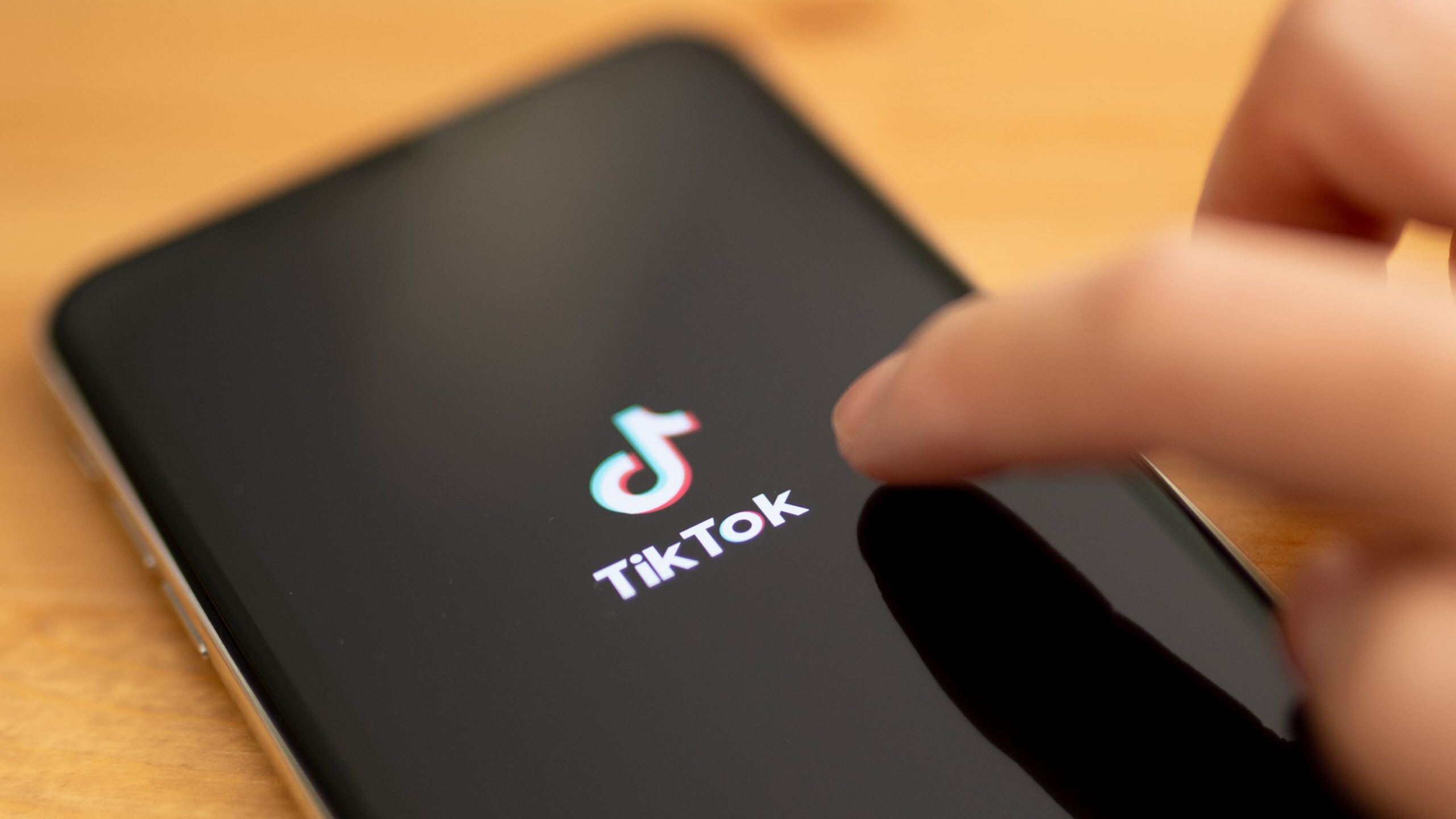As a leader, do you aspire to motivate organizational members to achieve their goals? If so, then emotional intelligence is an essential quality for you to develop. People with emotional intelligence tend to understand their own emotions, accurately interpret others’ feelings, and positively influence the emotions of others around them.
Emotional intelligence is valuable to HR professionals and other organizational leaders who interact with staff frequently. With an enhanced understanding of others’ emotional states, you’ll have an easier time managing conflicts, building strong professional relationships, and encouraging employee engagement. Here are some ways HR professionals, executives, and management can cultivate emotional intelligence in the workplace.
1. Show Empathy Toward Struggling Employees
Everyone has a story — many of them filled with struggles, heartache, and uphill battles. Any personal or professional challenge can diminish productivity and hinder job satisfaction. Knowing that management understands what they’re going through can help most employees cope with their difficulties and still get the job done.
At the core of emotional intelligence is empathy — the ability to understand, share, and reflect others’ emotions. Showing empathy to people who are having a difficult time lets them know they have your support, which can help them remain engaged and not feel like “checking out” at work.
2. View and Understand HR Policies Through Employees’ Eyes
A well-written and thoughtful HR policy should support the organization’s mission and reflect an emotionally intelligent approach. More specifically, such a policy or practice considers how employees will view and respond to it. A periodic drug test or background check may not seem very employee-centered, but you can still carry it out and keep in mind what it’s like for staff to submit to such screenings.
3. Communicate to Staff With Honesty and Patience
When you communicate with emotional intelligence, your primary goal is to understand what’s being said and then focus on being understood. You accomplish these objectives by showing genuine interest in staff concerns and what it’s like to work in the organization. Ask for constructive feedback and listen sincerely and without prejudgment, doing your best to incorporate suggestions whenever appropriate.
When interacting with employees or making announcements, be aware of your own emotions and perceptions and how they may impact your communication with others. It’s also crucial to identify judgmental language and avoid it, whether in person, via email, or through any other channel.
A work environment that acts on emotional intelligence is one where employees feel comfortable expressing their ideas and concerns. HR personnel and leaders can set good examples by being approachable, adept at active listening, and respectful.
BIB Can Help
Whether it’s background checks for employment or routine drug screening for current staff, BIB can provide the tools and support you need to make better hiring decisions and maintain the highest levels of security. As an HR professional and leader in our organization, you have an opportunity to employ emotional intelligence to motivate employees and manage conflicts constructively. When you partner with BIB, you can get guidance with incorporating policies that protect your bottom line and create a positive, inclusive environment.
For more information on our services, visit us at BIB.com or call 704-439-3900 today.



